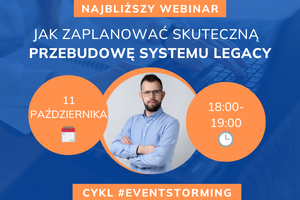Understand what being a leader means
Some people will listen to you without any doubts - here, the rule of authority, described by Robert Ciandini in the book “Influence People. Theory and practice”, will come into play. Just cause you’re a leader, your colleagues may be less willing to enter into discussions with you and express their contradicting views. Usually it’s not because you can’t be convinced, but because they think that as a leader you are most likely right.
On the other hand, you can also fall into the trap of failing to justify your own decisions. If you begin to impose your opinion on others, ignore team member’s arguments or reasons, and deny their ideas (just because they didn’t come from you), the team will eventually stop being honest with you and cooperating, but start fighting with you.
As a good leader, you need to constantly practice self-reflection - accept your shortcomings and allow yourself to be convinced by your colleagues. Learn when it’s reasonable to use your authority and always provide appropriate explanations. Try to maintain the atmosphere of openness, as it will make people not afraid to criticize your opinion. Knowing that they can oppose you and that you will take their opinion into account helps your team generate good ideas and valuable comments.
Don’t stray away from knowledge
As a leader, you won’t have time to thoroughly learn the frameworks your team will be working with. With the current frequency of new Javascript libraries appearing, even a dedicated full-time developer could not handle it.
This does not mean, however, that it is not worth knowing what is going on in the grass. The ability to keep up with general trends will allow you to understand your team’s problems, desires and ideas. It will become clear to you why they want to switch the software or procedure. Knowledge of the topic also helps you better manage the team’s ideas and turn them into working applications. For example, you can suggest new concepts to your colleagues to test in their free time and then revise them together.
More often than not, you will often have a say in whether a given library will be selected or not (e.g. if there is no Technical Architect in the project). This is when your familiarity with a given technology will come crucial. You don’t need to know its specific details, the general advantages and disadvantages, entry threshold as well as the number of people with know-how should suffice in most cases. Based on this, the accuracy of your further decisions will improve, and later on you can always commision someone to carry out deeper research or prevent further investment.
PS. My friend Adam Łepkowski created a valuable cheat sheet describing architectural questions that are worth asking when implementing new technologies - a must have for leaders making such decisions in projects.



